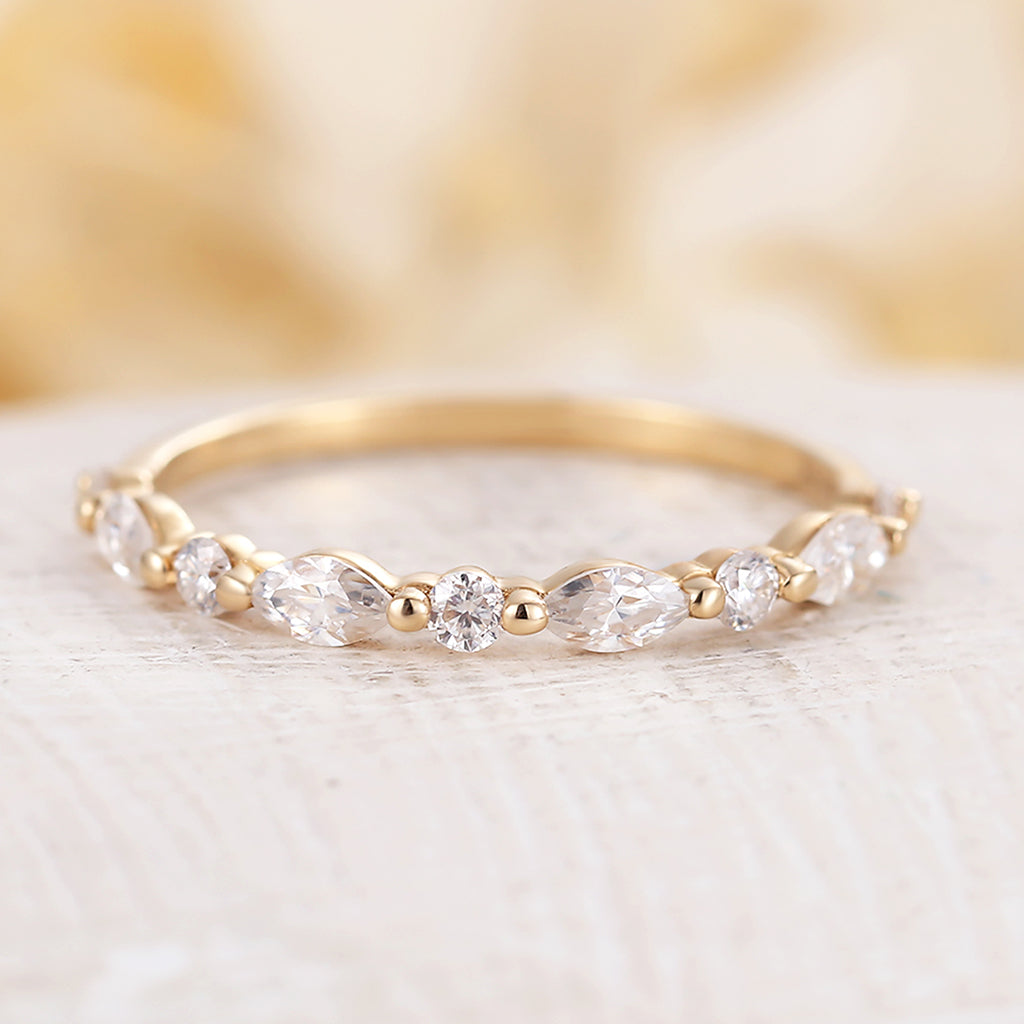Wedding bands have long been a symbol of love and commitment, transcending cultures and eras. As we delve into the wedding bands journey, we will explore their historical significance, traditional designs, and the modern innovations that have transformed them into unique expressions of personal style.

Historical Significance of Wedding Bands
The tradition of exchanging wedding bands dates back thousands of years. Ancient Egyptians believed that the circular shape of a ring represented eternity, making it a fitting symbol for everlasting love. Similarly, the Romans popularized the use of wedding bands as a public declaration of marriage. But what materials were used in these early rings?
- Gold: Valued for its rarity and beauty.
- Iron: Often used by lower classes for its durability.
- Silver: A popular choice among the middle class.
These materials not only reflected the couple’s social status but also their commitment to one another.
Traditional Styles of Wedding Bands
Traditionally, wedding bands were simple and unadorned. The classic gold band remains a timeless choice, symbolizing purity and unity. However, variations began to emerge over time. For instance, some couples opted for engraved bands, adding a personal touch to their rings. Others chose to incorporate gemstones, which represented their birthstones or significant dates.
Would you consider a traditional style, or do you prefer something more contemporary? The choice ultimately reflects your personal taste and values.
Modern Innovations in Wedding Bands
In recent years, the landscape of wedding bands has evolved dramatically. Couples today are increasingly seeking unique designs that reflect their individuality. This shift has led to the rise of alternative materials such as:
- Titanium: Known for its strength and lightweight properties.
- Wood: Offering a rustic and organic aesthetic.
- Carbon Fiber: A modern, sleek option that is both durable and stylish.
These materials not only provide durability but also allow couples to express their personalities in ways that traditional gold bands may not. Additionally, custom designs have become more accessible, enabling couples to create one-of-a-kind pieces that tell their love story.
Choosing the Perfect Wedding Band
When selecting a wedding band, consider the following factors:
- Material: Choose one that suits your lifestyle and aesthetic preferences.
- Width: The band’s width can affect comfort and style.
- Finish: Options include polished, matte, or hammered finishes.
Ultimately, the perfect wedding band is one that resonates with you and your partner. For a stunning selection of wedding bands, visit  .
.
Conclusion
The evolution of wedding bands reflects the changing values and styles of society. From their historical roots to modern innovations, these rings continue to symbolize love and commitment. Whether you choose a traditional gold band or a contemporary design, the most important aspect is the meaning behind it. As you embark on this journey, remember that your wedding band is a lasting reminder of your love story.








